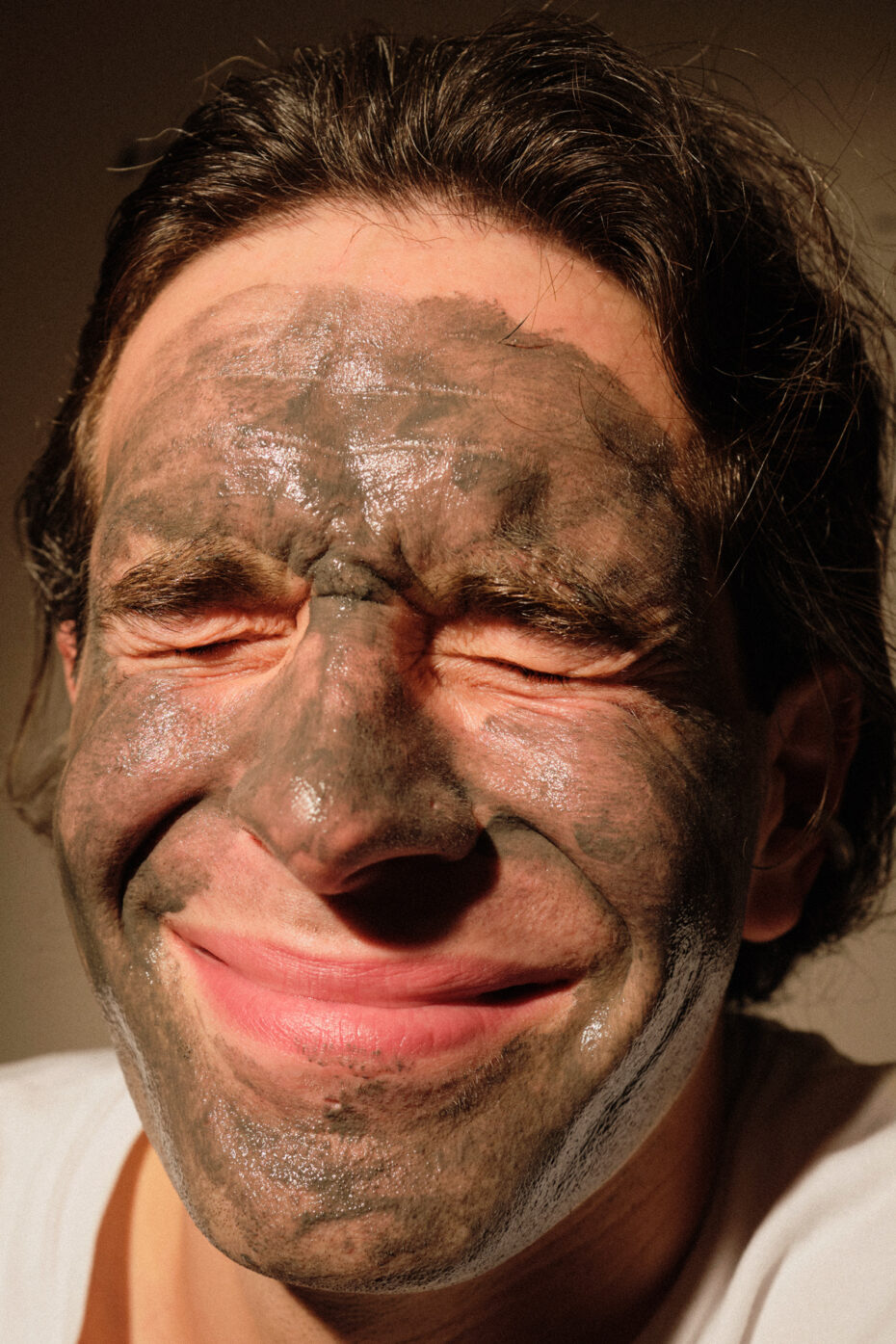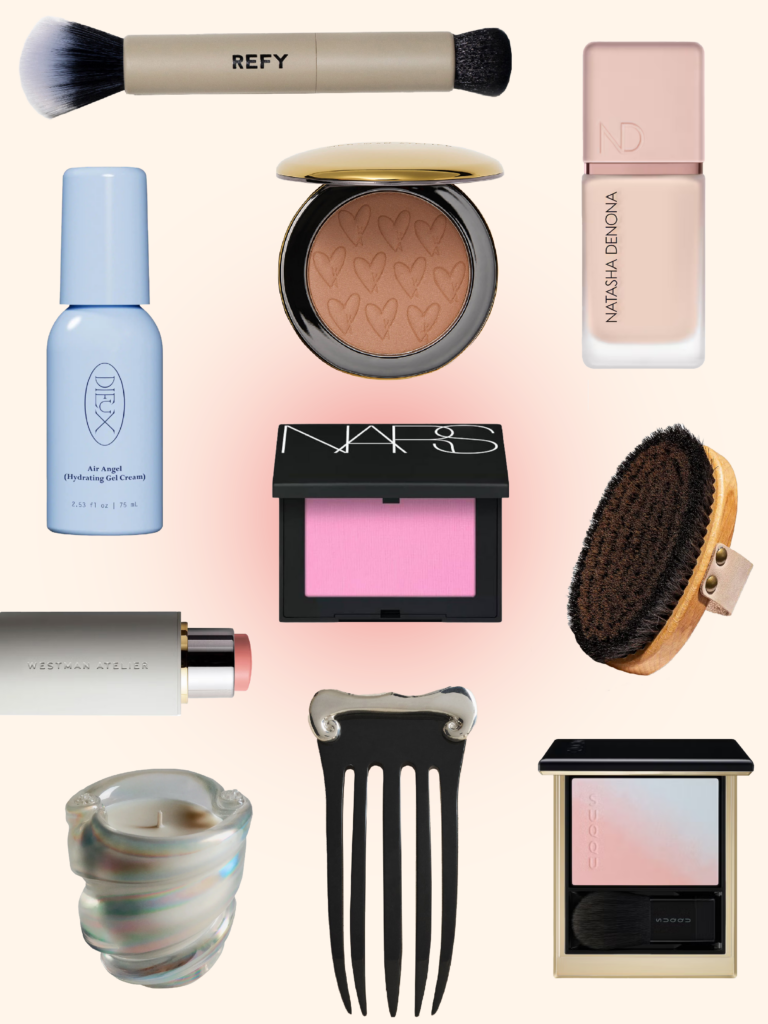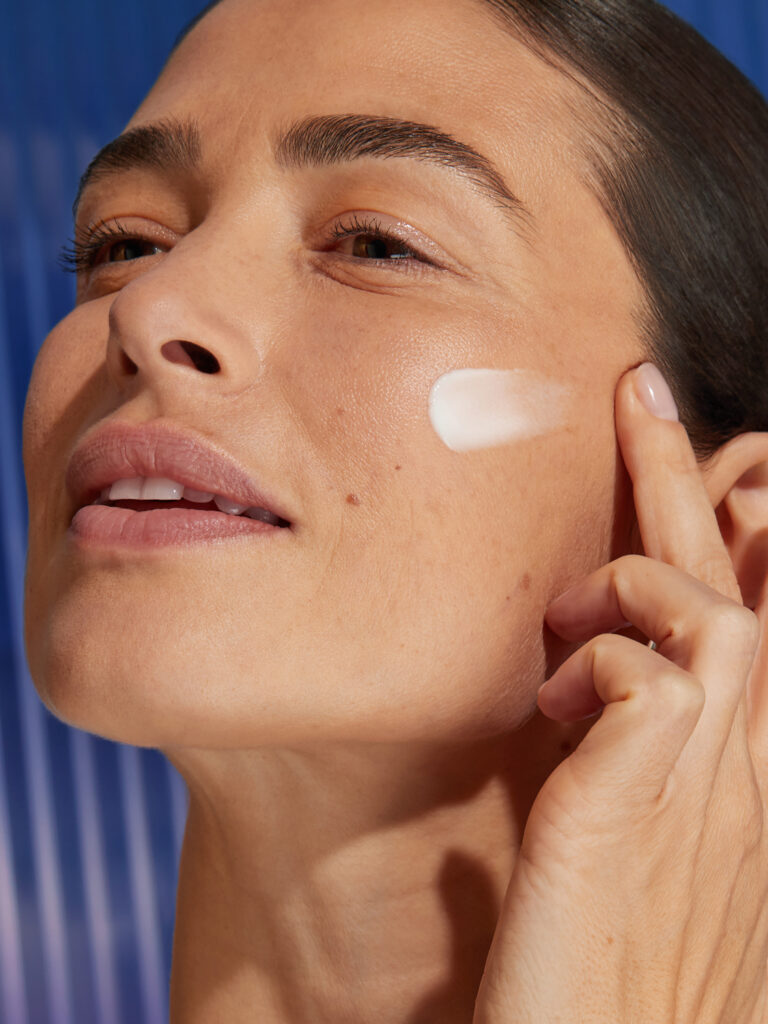
Photo: Zeynep Özkanca
Skin
Women And Men CAN Use The Same Skincare Products
A dermatologist explains why gender doesn’t matter in the beauty world.
Text Başak Ulubilgen
Have you ever used a skincare or body product made for the opposite sex? For example, I’ve been using men’s perfume for the past seven years. A product’s gender-centric packaging, fragrance, or name shouldn’t stand in the way of our curiosity or interest in trying it. The same goes for skin and body care. While men’s products still mostly have smoky or earthy scents and dark-colored packaging, products targeting women are evolving from having floral scents and a colorful look to more epicene formulations and designs. To give you a couple of examples, blockbuster brands like L’Oréal Paris are opting for fragrance-free skincare products to reach all genders now. And younger brands (such as Human Race, Fenty Skin, or Youth to the People) have been designing and formulating products suitable to use by all, too.
Most beauty products (used to) have genders attached to them for marketing purposes, thus creating boundaries in our minds. As a result, we find ourselves buying basically the same things in different bottles. We at Wonderflaw often receive requests to include more male-oriented content or product recommendations. But that’s the thing: Aside from a few exceptions, we always write with all genders in mind. Every skincare, hair care, or wellness piece is created genderless. Sure, there is specific stuff like beard oils and after-shave products, but even they are making their way into the all-genders section.
Nowadays the focus is less on gender-signifying properties and more on admirable qualities such as sustainability and the use of clean ingredients. Even though some skincare products are stubborn with fragrances, newer formulas tend to stay away from scents altogether or opt for naturally derived essential oils. This is a meaningful development for people with sensitive and reactive skin, but also for everyone since scents won’t be a signifier of gender in beauty. Your skin type and current skin needs should be what you pay attention to when it comes to choosing something for your face and body. We asked dermatologist Nagihan Sahillioğlu to answer a question we already knew the answer to: Can women and men use the same skincare products?
Essentially, yes. But let’s begin by settling the differences between female and male skins. Dr. Sahillioğlu says it’s crucial to establish which anatomical and hormonal changes affect people’s skin; specific skin changes and issues can be due to testosterone. “Testosterone is a hormone that increases oil secretion in the skin. And in general, men’s skin is oilier than women’s, and it may cause changes like larger pores or acne.” Similar hormonal changes apply to females that ovulate.
Studies have shown that anatomically, male skin is thicker than a female’s. It has also been proven that men’s skin contains more collagen. Men age slightly slower than women because they have more collagen in their skin. Shaving creates a regular renewal of the skin cells in the long run. Who knows, maybe that’s why we see more and more posts of women shaving their faces as part of their skincare routine on TikTok. Men have hairier skin than women, and studies have additionally shown that the hairs create a sun protection effect, slowing the aging process. So this is one of the reasons why we see “anti-aging” products that are targeted more toward women.
Men and women skins’ pH levels are also different.But Dr. Sahillioğlu adds these biological variations are not valid reasons for gender stereotypes in beauty. She adds by saying how we should choose products suitable to our skin type rather than which gender it is targeted towards. We all experience change. Sometimes our skin is dry, and sometimes oily. It’s not just hormonal –genetics, environmental factors, and age also have an effect. It’s a combination of all of these individual factors that make up the state of our skin.
All in all, choosing products based solely on our gender will not help us all that much in a holistic sense, Dr. Sahillioğlu concludes. We should instead prioritize the quality of a product’s ingredients, the brand’s values, and most importantly, if our skin will get along well with it. After all, hyaluronic acid or any other lab-made or plant-based ingredient can’t be gender oriented, so why should products be?





